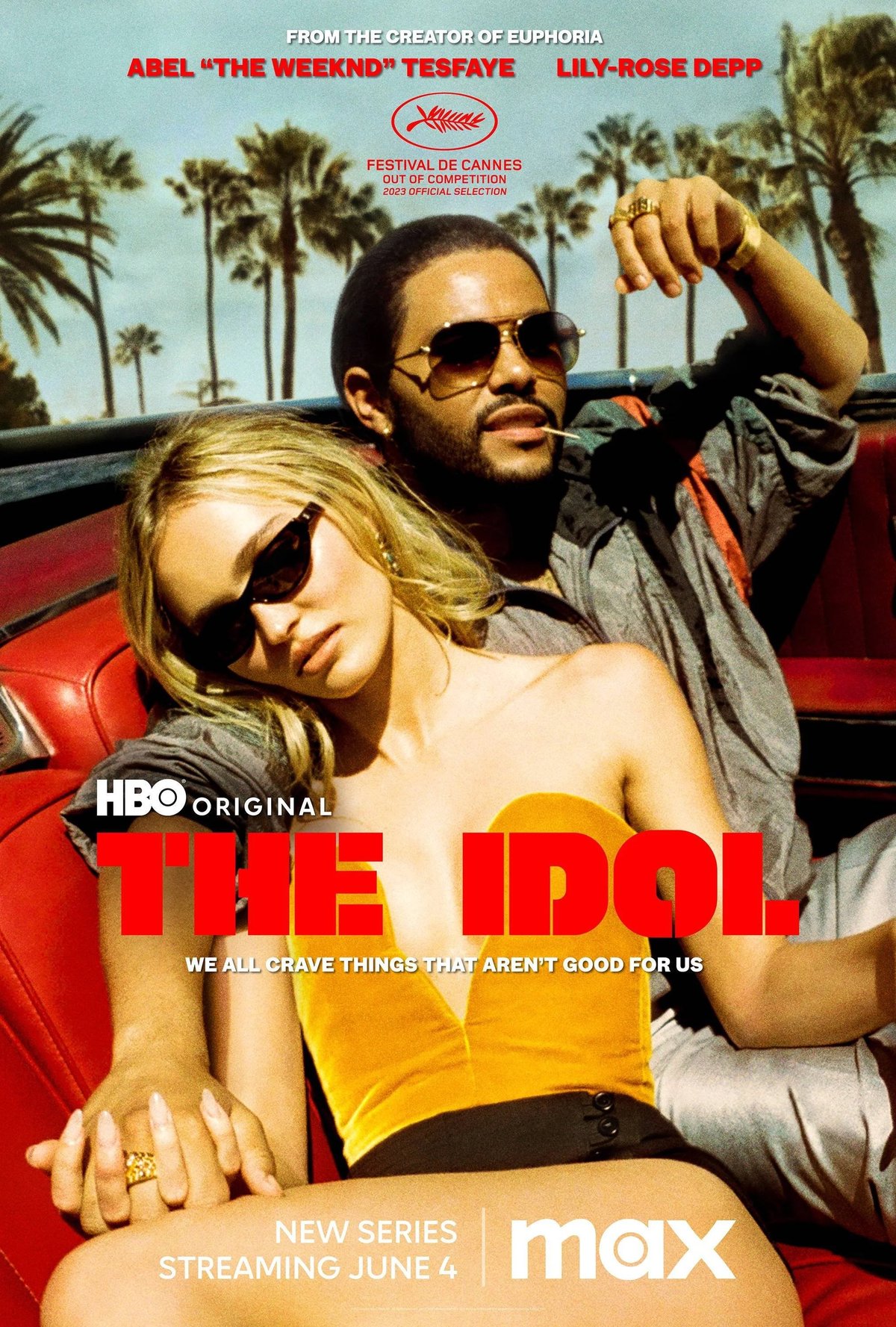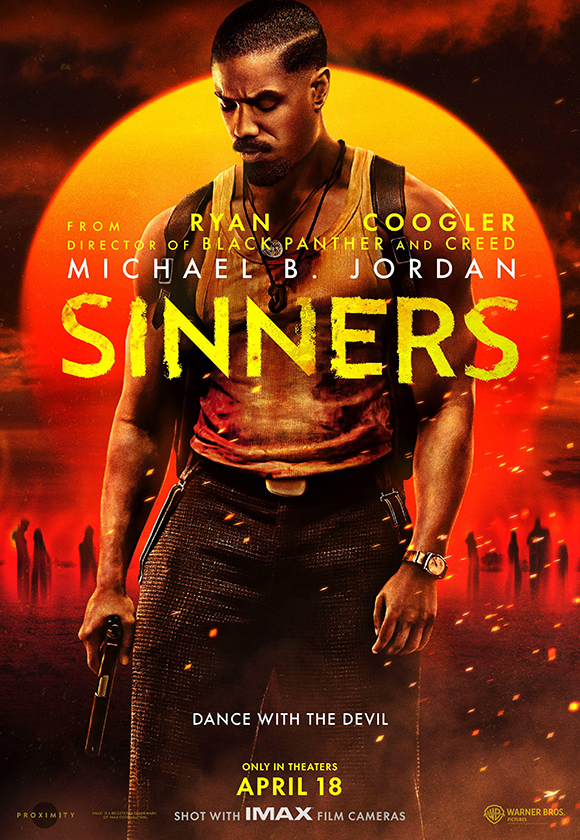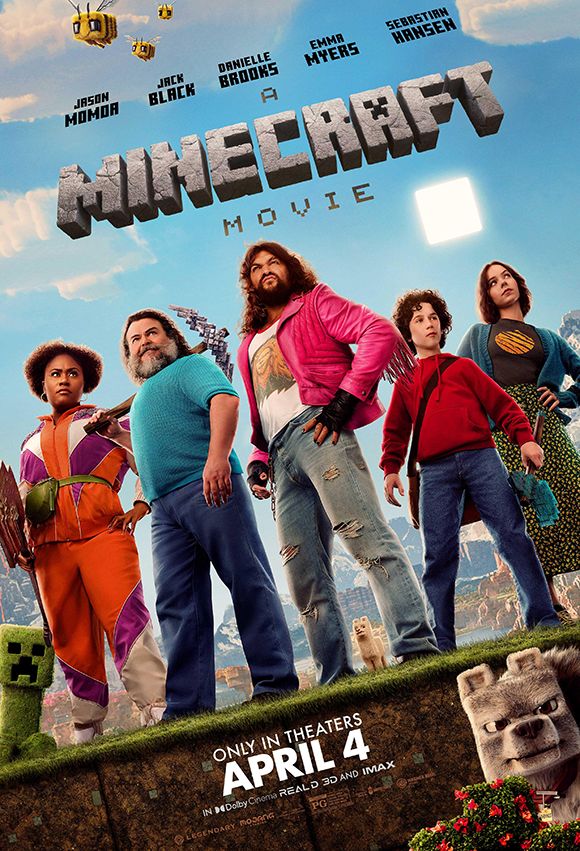The Idol
NZ release: 05 June 2023
Drug use, offensive language, sex scenes, and sexual violence themes Rated on: 06 June 2023
Season 1, Episodes 1-5

What’s it about?
Jocelyn, a young and beautiful popstar, prepares for a come-back tour after a nervous breakdown.
The facts
- Created by Sam Levinson (Euphoria)
- English language
- ~45-57 minutes each
- Starring Lily-Rose Depp, Abel ‘The Weeknd’ Tesfaye, Sam Levy, and Troy Sivan
Why did it get this rating?
This show was self-rated by NEON. You can find out more about self-rating by streaming providers here.
Sex
Sex is used as a power play throughout the series so far and there are many sexual references.
Episode one contains sex scenes that involve BDSM. BDSM, an abbreviation for bondage, discipline, sadism, masochism, is sexual activity that can be dangerous. The sex scenes include masturbation whilst choking, and choking during consensual sex between a man and a woman. Both scenes show the act of asphyxiation as being pleasurable for the characters, but they could pose a real risk of serious injury or death if copied. There is no nudity in these scenes.
A character is heavily sexualised throughout the episode and is shown topless during a photoshoot.
In episode two, a man dances suggestively over some women who are lying on the ground while being mildly electrocuted through a shock collar. This activity appears to be consensual, but this is not made clear. It appears to be a sadomasochistic sexual fetish.
In episode three and four there are several sex scenes involving the main character and her controlling lover. We don’t see graphic detail but cunnilingus and masturbation are implied through body movement and close up camera angles on the characters’ faces.
In one scene, Jocelyn is fondled and masturbated in public by her lover – this is presented as consensual but coercion and complex power dynamics may be involved. In the other scene, intercourse is implied by the positioning and movements of the characters.
In episode five contains suggestive sexual content, but nothing graphic or explicit is shown. Several women and a man act provocatively during an audition for some executives. They are dressed in revealing clothing and simulate sexual acts during their musical performances.
Sexual violence
A sexual image of a character is leaked online without their consent. The image is briefly shown — a selfie of the character with bodily fluids on her cheek.
There is a reference to a character being “rapey” and being attractive.
In episode three a man makes a crude, flippant joke about Jeffrey Epstein’s victims.
In episode five a character discusses being accused of rape in a phone call. Other characters discuss his situation.
Violence and cruelty
Jocelyn’s mental health is a topic throughout. While her staff show some concern for her mental wellbeing, they continue to allow her exploitation for their own gain. In one scene they lock away her intimacy coordinator during a sexualised photoshoot.
In episode three and four the main character discusses the abuse she suffered at the hands of her mother, who is now dead. There is no detail or abuse seen on screen. In another scene it is strongly implied that the main character is beaten with her hairbrush by her lover. This appears to be consensual, and possibly sexual, experience.
The main character’s lover verbally threatens other men out of jealousy. He slaps one man across the face.
In episode four a man is restrained against his will and has a shock collar tied around his neck. He is repeatedly shocked as part of a cruel interrogation. This scene is lengthy and will be difficult to watch for many viewers, including adults.
In episode five characters are threatened with violence. It is strongly implied that the main character manipulates those around her to get exactly what she wants.
Drug use
Cocaine use is shown as an everyday drug in the setting of Jocelyn and Tedros’ world. We briefly see a character snorting cocaine from a spoon. In episode two characters are briefly shown snorting cocaine off their wrists.
In episode four characters arrive for a studio recording smoking a bong and snorting white powder, likely cocaine. The drug use is presented as glamourous, and a normal activity enjoyed by creative people. The use of “Molly” is referenced verbally and there is also a non-detailed discussion about heroin use in the past.
The main character smokes cigarettes throughout the episode and other characters are shown enjoying alcohol, sometimes drinking to excess.
In episode five drug use is implied through the behaviour of several characters who are accused of, or admit to, being “high”. Drug use is not shown on screen.
Offensive language
“F**k”, “c**k”, “c*m”, “b*tch”, “sh*t”, “d*ck”, “ass”, and “Jesus Christ” are frequently used.
The comments about a character’s leaked sexual image could be considered degrading.
In episode four the word “f*gg*t is used as an insult, but its effect is muted as the target of the insult does not respond to it.
Further information
- Why are ratings and content warnings important for me and my whānau?
- How I wished my parents talked to me about upsetting content
- When trauma is involved, there are no spoilers
- ‘The Idol’: How HBO’s next 'Euphoria‘ became twisted ‘Torture Porn’ (Rolling Stone)
Helplines
Recent featured decisions
Violence and scary scenes
Four misfits are suddenly pulled through a mysterious portal into a bizarre, cubic wonderland that thrives on imagination. To get back home, they'll have to master this world while embarking on a quest with an unexpected, expert crafter.

